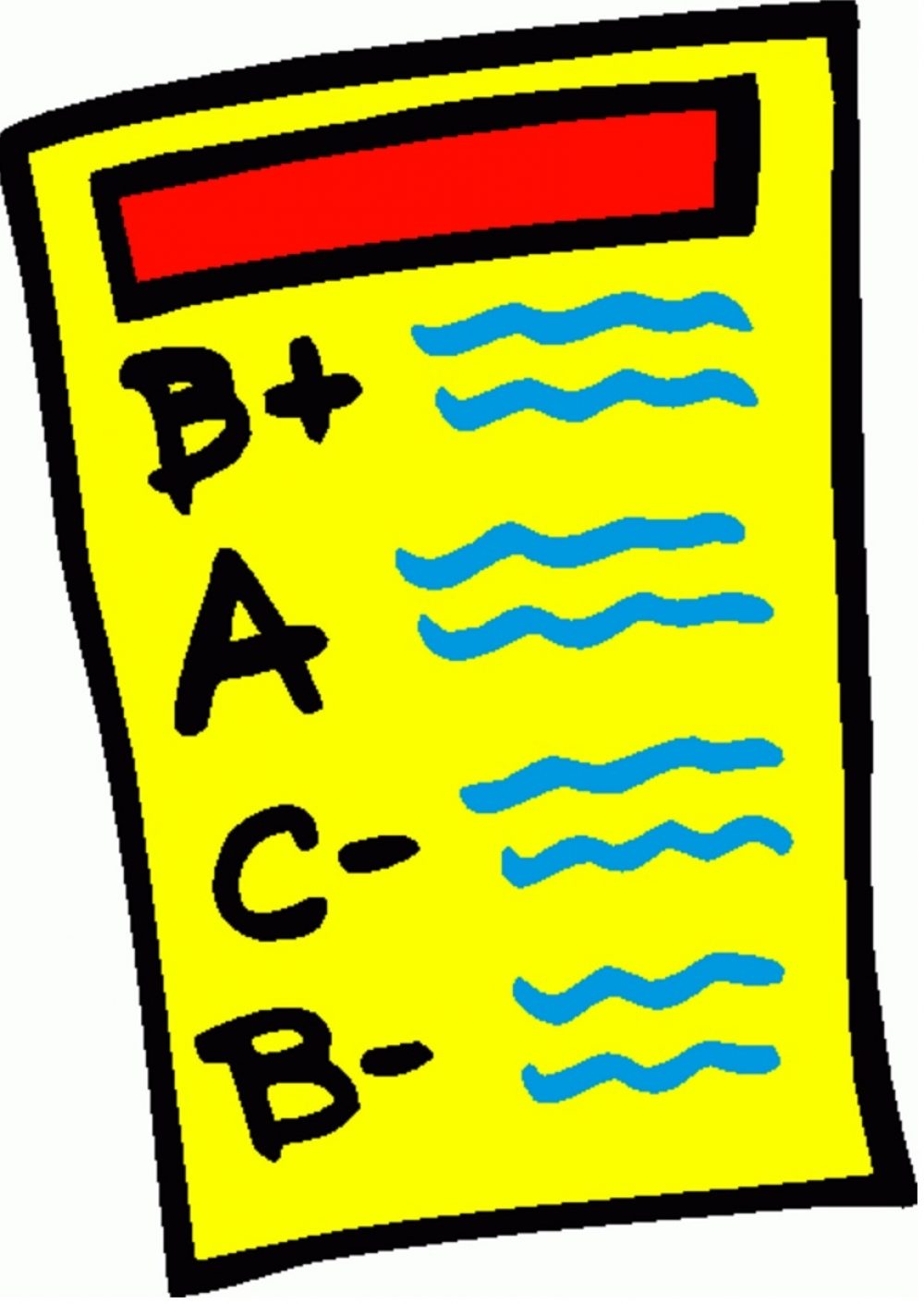To start I want to point out 2 things: this idea is not originally mine, and though I talk mostly about trading I think the concept applies to all forms of investing (buy-and-hold, real estate, fixed income, and so on). From time to time I attend a meetup group called Options for Income in the Portland area, and the tactic I am about to describe comes from Mike, the group leader.
I have been trading and investing for over a decade now, and though I have always reviewed my trades I never graded them. Until now. Recently I went a step further and started assigning grades to my trades. This act has taken my post-trade review from subjective to objective, and I am a major advocate of removing subjective aspects from trading. My grading rubric is pretty straightforward: pass, fail, and meh. I grade completely against my trading plan—not whether I made money or not. Meaning that if I kept to my trading plan I get a pass, and if I diverted from my plan I get a fail—but if I diverted with good reason the mark is upgraded to meh. It’s that simple.
Why Grade Against the Trading Plan?
I come from the school of thought that you need to have a predefined trading plan. You need clearly defined rules on how, when, and where you enter or exit a trade or investment. Though a trading plan can change, ideally that happens infrequently. And the plan should be backtested, not drawn from thin air—it should have basic benchmarks for returns based on past performance data.
In the case of the stock market, trends tend to repeat themselves as patterns. If your plan is backtested over enough time you most likely have backtested it through the current market conditions. I find it risky business to think “this time is different” and veer from my trading plan—hence a failing grade for not sticking to the plan even if I make money. And a passing grade if I stick to my plan and still lose money.
But sometimes changing course makes sense under the circumstances. I think most of these instances have a personal component. Maybe you have had a family emergency and need to raise money quickly. Or maybe you're on vacation and can’t get an Internet connection so you close trades early. In such cases I give my trades a score of meh. One or 2 mehs is no big deal, but if I review my grades and see a higher than usual number of mehs then I know that I need to figure out what is going on.
In a nutshell, grading your trades is not about performance but about fidelity to your trading plan. On paper it seems so easy: develop a plan and stick to it. But in reality that is not so easy. We are humans, full of emotions that sometimes lead us astray. Grading your trades is an effective way to monitor and measure your emotional wherewithal.



